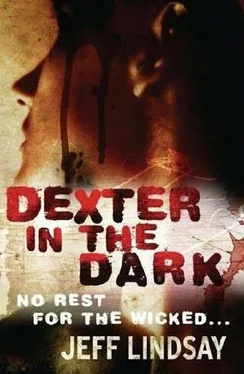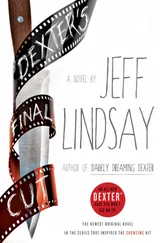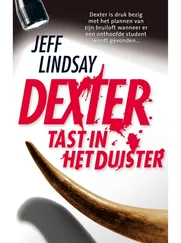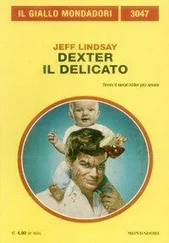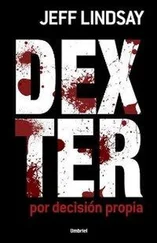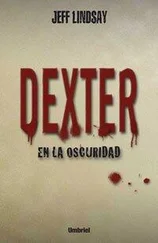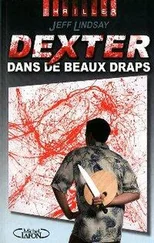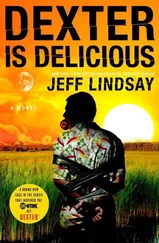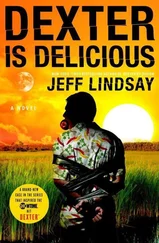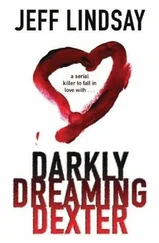“So you found the body here,” Deb said.
“That’s right,” he said. “I was coming over to check on a new exhibit-Mesopotamian art, actually, which is interesting-and I saw it here in the shrubbery.” He frowned. “About an hour ago, I guess.”
Deborah nodded as if she already knew all that, even the Mesopotamian part, which was a standard cop trick designed to make people eager to add new details, especially if they might be a little bit guilty. It didn’t appear to work on Keller. He simply stood and waited for another question, and Deborah stood and tried to think of one. I am justly proud of my hard-earned artificial social skills, and I didn’t want the silence to turn awkward, so I cleared my throat, and Keller looked at me.
“What can you tell us about the ceramic head?” I asked him. “From the artistic point of view.” Deborah glared at me, but she may have been jealous that I thought of the question instead of her.
“From the artistic point of view? Not much,” Keller said, looking down at the bull’s head by the body. “It looks like it was done in a mold, and then baked in a fairly primitive kiln. Maybe even just a big oven. But historically, it’s much more interesting.”
“What do you mean interesting?” Deborah snapped at him, and he shrugged.
“Well, it’s not perfect,” Keller said. “But somebody tried to recreate a very old stylized design.”
“How old?” Deborah said. Keller raised an eyebrow and shrugged, as if to say she had asked the wrong question, but he answered.
“Three or four thousand years old,” he said.
“That’s very old,” I offered helpfully, and they both looked at me, which made me think I ought to add something halfway clever, so I said, “And what part of the world would it be from?”
Keller nodded. I was clever again. “ Middle East,” he said. “We see a similar motif in Babylonia, and even earlier around Jerusalem. The bull head appears to be attached to the worship of one of the elder gods. A particularly nasty one, really.”
“Moloch,” I said, and it hurt my throat to say that name.
Deborah glared at me, absolutely certain now that I had been holding out on her, but she looked back at Keller as he continued to talk.
“Yes, that’s right,” he said. “Moloch liked human sacrifice. Especially children. It was the standard deal: sacrifice your child and he would guarantee a good harvest, or victory over your enemies.”
“Well, then, I think we can look forward to a very good harvest this year,” I said, but neither one of them appeared to think that was worth even a tiny smile. Ah well, you do what you can to bring a little cheer into this dreary world, and if people refuse to respond to your efforts it’s their loss.
“What’s the point of burning the bodies?” Deborah demanded.
Keller smiled briefly, kind of a professorial thanks-for-asking smile. “That’s the whole key to the ritual,” he said. “There was a huge bull-headed statue of Moloch that was actually a furnace.”
I thought of Halpern and his “dream.” Had he known about Moloch beforehand, or had it come to him the way the music came to me? Or was Deborah right all along and he had actually been to the statue and killed the girls-as unlikely as that seemed now?
“A furnace,” said Deborah, and Keller nodded. “And they toss the bodies in there?” she said, with an expression that indicated she was having trouble believing it, and it was all his fault.
“Oh, it gets much better than that,” Keller said. “They delivered the miracle in the ritual. Very sophisticated flummery, in fact. But that’s why Moloch had such lasting popularity-it was convincing, and it was exciting. The statue had arms that stretched out to the congregation. When you placed the sacrifice in his arms, Moloch would appear to come to life and eat the sacrifice-the arms would slowly raise up the victim and place it in his mouth.”
“And into the furnace,” I said, not wanting to be left out any longer, “while the music played.”
Deborah looked at me strangely, and I realized that no one else had mentioned music, but Keller shrugged it off and answered.
“Yes, that’s right. Trumpets and drums, singing, all very hypnotic. Climaxing as the god lifted the body up to its mouth and dropped it. Into the mouth and you fall down into the furnace. Alive. It can’t have been much fun for the victim.”
I believed what Keller said-I heard the soft throb of the drums in the distance, and it wasn’t much fun for me, either.
“Does anybody still worship this guy?” Deborah asked.
Keller shook his head. “Not for two thousand years, as far as I know,” he said.
“Well then, what the hell,” Deborah said. “Who’s doing this?”
“It isn’t any kind of secret,” Keller said. “It’s a pretty well-documented part of history. Anybody could have done a little research and found out enough to do something like this.”
“But why would they?” Deborah said.
Keller smiled politely. “I’m sure I don’t know,” he said.
“So what the hell good does any of that do me?” she said, with a tone that suggested it was Keller’s job to come up with an answer.
He gave her a kindly professor smile. “It never hurts to know things,” he said.
“For instance,” I said, “we know that somewhere there must be a big statue of a bull with a furnace inside.”
Deborah snapped her head around so that she faced me.
I leaned close to her and said softly, “Halpern.” She blinked at me and I could see she hadn’t thought of that yet.
“You think it wasn’t a dream?” she demanded.
“I don’t know what to think,” I said. “But if somebody is doing this Moloch thing for real, why wouldn’t he do it with all the proper equipment?”
“Goddamn it,” Deborah said. “But where could you hide something like that?”
Keller coughed with a certain delicacy. “I’m afraid there’s more to it than that,” he said.
“Like what?” Deborah demanded.
“Well, you’d have to hide the smell, too,” he said. “The smell of cooking human bodies. It lingers, and it’s rather unforgettable.” He sounded a little bit embarrassed and he shrugged.
“So we’re looking for a gigantic smelly statue with a furnace inside,” I said cheerfully. “That shouldn’t be too hard to find.”
Deborah glared at me, and once again I had to feel a little disappointed at her heavy-handed approach to life-especially since I would almost certainly join her as a permanent resident in the Land of Gloom if the Dark Passenger refused to behave and come out of hiding.
“Professor Keller,” she said, turning away from me and completing the abandonment of her poor brother, “is there anything else about this bull shit that might help us?”
It was certainly a clever enough remark to be encouraging, and I almost wished I had said it, but it appeared to have no effect on Keller, nor even on Deborah herself, who looked as though she was unaware that she had said something notable. Keller merely shook his head.
“It’s not really my area, I’m afraid,” he said. “I know just a little background stuff that affects the art history. You might check with somebody in philosophy or comparative religion.”
“Like Professor Halpern,” I whispered again, and Deborah nodded, still glaring.
She turned to go and luckily remembered her manners just in time; she turned back to Keller and said, “You’ve been very helpful, Dr. Keller. Please let me know if you think of anything else.”
“Of course,” he said, and Debs grabbed my arm and propelled me onward.
“Are we going back to the registrar’s office?” I asked politely as my arm went numb.
Читать дальше
